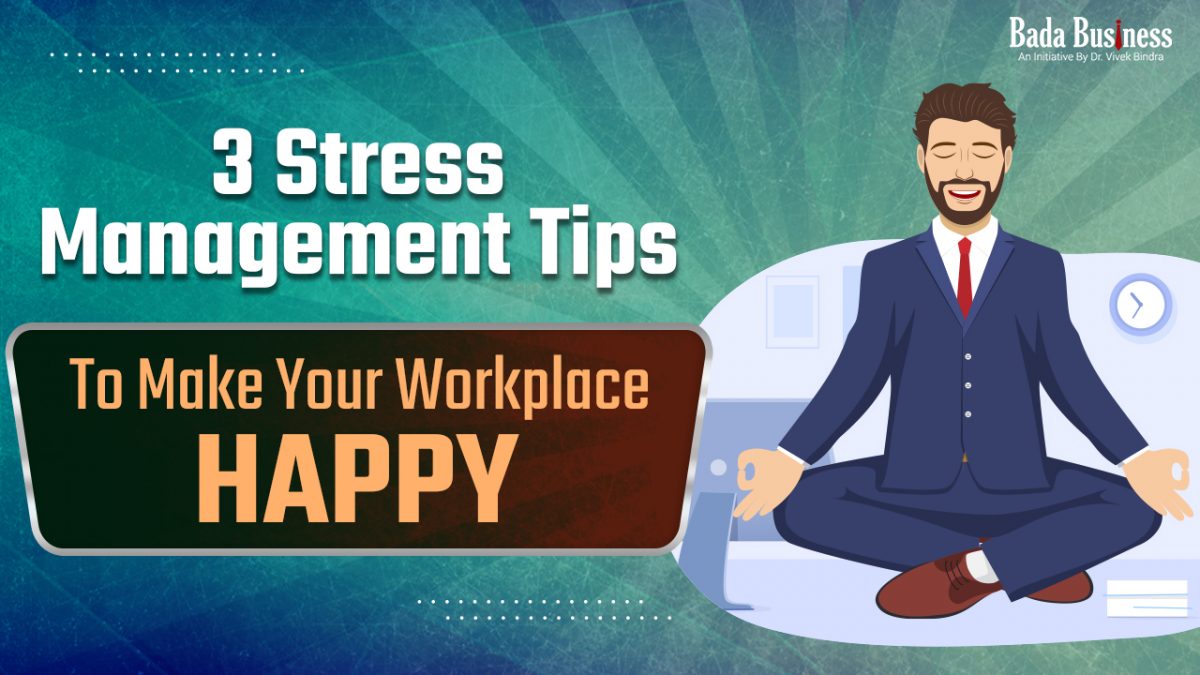Summary: The rising level of stress in India is alarming. Discover 3 ways to manage it like a pro at work!
10th October is celebrated as World Mental Health Day in India. Although just one month is dedicated to mental health, it is paramount that everyone should pay heed to Mental Health.
According to a survey report published in Economic Times, “36% are suffering from declining mental health (28% globally), 32% are lacking career motivation (25% globally), and (31%) are feeling disconnected from their own lives (23%).” The survey covered more than 14,600 employees, managers, HR leaders, and C-level executives across 13 countries, including 1,100 professionals from India.
With so many Indians experiencing depression, burnout, and stress at work and home from demanding responsibilities to arbitrary deadlines, the workplace doesn’t come without its share of stress. Common reasons are the growing workload, the absence of tools needed to do the work or a sense of not belonging at work.
Irrespective of the factors, one thing which is pretty much evident in a workplace is that the majority of employees experience work stress which has been shown to negatively impact their productivity, performance, and well-being. Hence, learning to manage it is the key to restoring health and staying productive. And if you want to watch Stress Management Strategies Motivational Video in Hindi by Vivek Bindra, watch them here:
Here are three tips that will help you to manage stress at work:
1. Aim for Work-Life Balance
Many leaders and business motivational speakers talk about the significance of work-life balance but seldom do organizations pay attention to it. So, one has to take care of their mental health organization by learning stress management techniques. And sometimes achieving work-life balance is a matter of saying no. Many employees often take on much more workload than they can manage. But this can be damaging to their physical as well as mental health.
Being clear on what you can realistically handle and setting clear expectations will help you to achieve a state of balance. This does not mean that you should not volunteer for projects that fall outside your workload. It simply means that you should establish what you can do with the time you have set for your family and friends, reading, or learning a new activity or a skill.
2. Make Time to Step Away
One of the best ways in which you can make your time worse at a workplace is not to take any breaks. Our minds and bodies need a break to get recharged. Employees who neglect to take breaks throughout the day and try to “push through” will see their productivity start to decline and their stress levels start to increase. By taking breaks every 75 to 90 minutes you can maximize productivity and alleviate stress. Taking shorter breaks can enhance productivity and refreshes your mind.
Office workers should make an effort to eat lunch away from their desks whenever possible, and remote workers should clearly distinguish between work and break time to refresh and return with a clear mind. Utilize your time outside your work for reading, exercise, or learning new ways to keep you inspired by listening to a podcast of the best business motivational speaker in India.
3. Avoid Stressful People & Subjects
Sometimes it’s not the workplace, the workload, or the job responsibilities but the people with whom you have to work who make the entire experience stressful. People come from diverse backgrounds, carrying different perspectives and behavioral patterns. So, while some people are good to work with, others can be really difficult. Another potential source of stress can come from divisive conversation topics. From talking behind the back to spreading rumors, many people can make the work culture toxic. Hence, the best way to tackle it is to steer clear of sensitive topics in the interest of your mental health.
Every job involves some form of responsibility that also includes some level of stress. However, those who possess or develop strong stress-management skills will always fare better than their counterparts in high-pressure situations. Learn time management skills from Dr. Vivek Bindra- the best motivational speaker in India. To know more visit: www.badabusiness.com



